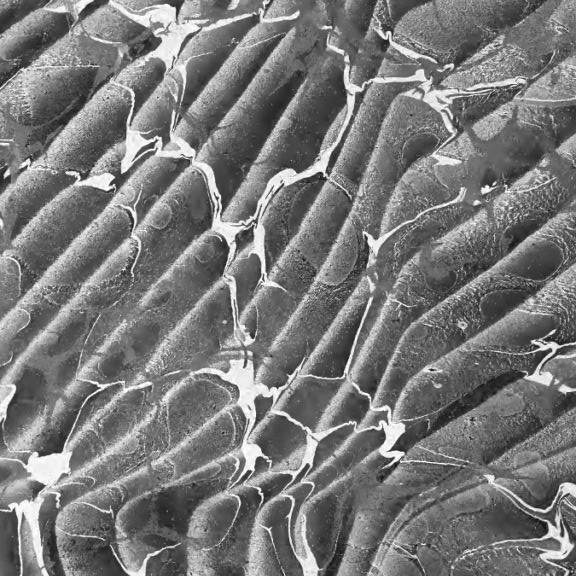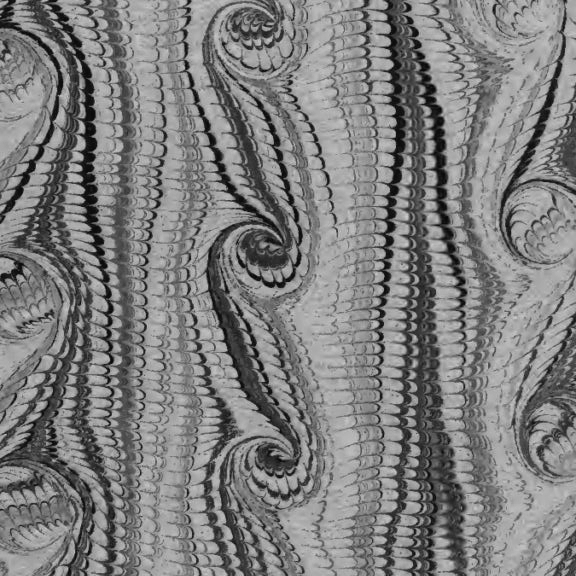See the list of topic categories here.
I do not long for a virgin nature, a nature without any trace of the peasant that lends it greater dignity or the palace crowning the hill.
But a nature protected from plebeian industrialism and irreverent manipulations.
The mastery that man has gained over nature has only enabled him to debase it without fear.
The industrialization of agriculture has hidden from us a great source of decency and honor the world over.
The immigration of the peasant into the cities was less disastrous than the emigration of local talented and notable persons from the more common. Rural society lost the structure of prestige that disciplined it, and those remarkable persons became anonymous particles in the amorphous human mass.
The French countryside fills the shameless industrialist with happiness. He sees the wealth of the land, the incomparable fertility of the soil, the possibility of meticulous cultivation, and does not tolerate the smallest corner being left to waste.
Such a spectacle overwhelms me. Despite the manifold beauty nature has granted these landscapes, man imposes an unnerving monotony. Relentless rectangles of crops march obediently toward the horizon, trees all in a row hiding behind one another, standing at the same distance, only bending their rows- with the precise and mechanical gesture of a gymnast- for the passage of a vehicle. And the vineyards- once the home of those mystical branches- now invade the landscape with industrial severity.
That French countryside is pitiful. A submissive and servile land. Nature that man has subjugated. Tamed soil, unable to rebel; more like a food factory than the rustic and sacred countryside in which man used to dwell. The wealth of mythical Pomona becomes a mere big pantry of grains and legumes. The countryside of France is no longer a garden, but a vegetable farm.
Ah! Those rich wetlands of Port-Royal, wilderness of Castile, ah! Those wild hills of mine! What the French countryside now reveals is the definitive victory of the developer. The task that began August 4, 1789, and which the burning feudal archives illuminated with their symbolic fires, has finally been accomplished.
Nature has died in this age. Only in the art of past centuries do we discover, to our astonishment, that “nature” is not a simple physics experiment exploited by diligent organisms.
The time is near when nature, displaced by man, will only survive in arboretums and museums.
The horror of progress can only be measured by one who has known a landscape before and after its progressivist transformation.
“Ecology” is a pastoral version of the harsh reactionary text.
“Nature” as a concept was a pre-Romantic discovery, an idea that Romanticism propagated, and which technology is destroying in our time.
Between the virgin forest and the industrial agriculture, there is the breathtaking moment of a cultivated landscape.
An unlimited confidence in the benevolence of nature leads us to believe that resisting our primitive instincts is an aberration and that asceticism is a harmful and sickly practice. Thus was born a kind of hygienic paganism, a eudemonist rationalism, a doctrine that has as its rule not so much the happiness of man as his tranquility and his comfort, that is, the absence of conflict.
Perhaps this doctrine allows man to be happy, because responsibility is what man flees first of all. His ambition is satisfied with the unrestricted exercise of his material appetites. But he who seeks nobler heights and knows a more honorable idea of man is disgusted with a doctrine that makes the intelligence and the spirit mere slaves of our most basic animality.
Although nature takes longer to avenge the crimes against her, the vengeance is more cruel.
Natural catastrophes devastate a region less than the alliance of technology and greed.
The soul becomes dessicated when it lives surrounded by a world almost exclusively manufactured.
One who remembers the smell of grass trampled under his bare feet never breathes well among many large buildings.
Man was born naked among natural things, and through the long processes of relationships with that environment he became a species. He was subjected to day and night, to the procession of winters and summers, of springs and autumns, to the sudden changes of the sun and the rain; he has had to halt before the rivers and the mountains, or use his cunning to cross them.
The gods stirred in his stunned soul before the empty vastness of the deserts, or when the silence of the forests overwhelmed him, or before the menacing serenity of the mountains, or the tumult of the rivers. His divinities were the oaks, the stones and stars, the sun and the autumn storms. Transcendence sprang from the cracks of the sacred caverns, or perched in the hills.
He organized the state to dominate the whims of the Nile or the Hoang-Ho, the fierceness of the Mayan forests, or the hostility of those beasts: other men. His cunning germinated during those brief moments in which his miserable being was disinterested in his immediate survival, when he did not feel the palpitation of nature surrounding him and the force that beat in his chest with jubilant spasm. His instincts, his passion, his life, were in the life that sang in the nests or crawled between the rotten fallen leaves of the trees. If not properly determined, the action of man was at least limited and channeled by innumerable acts of nature.
Now, human intelligence is transforming that relationship with all forces into another relationship: that of subordination of all forces to the will of man.
The city, where the population accumulates more rapidly every day, is the sign of that process.
The city, where day and night are indistinguishable, where the sun or rain do not prevent any errand or task, where the seasons slide off the closed walls that ignore them, where all cultural distinctions are blended and particularities erased.
The so-called “dominion of man over nature” turned out to be nothing more than an immense capacity for killing.
Until the end of the 18th century, what man added to nature increased its beauty.
Since then, what he adds destroys it.
Note: Dávila was a Colombian political philosopher and in the Latin church. His aphorisms are presented here for the purposes of enjoyment, study, and historical record, but do not necessarily reflect the opinions of this writer. For more information on Dávila, see this introductory post. For information on how to live your life, go to church and read the Church Fathers/Saints.
Featured image: From vintage end-papers. source



